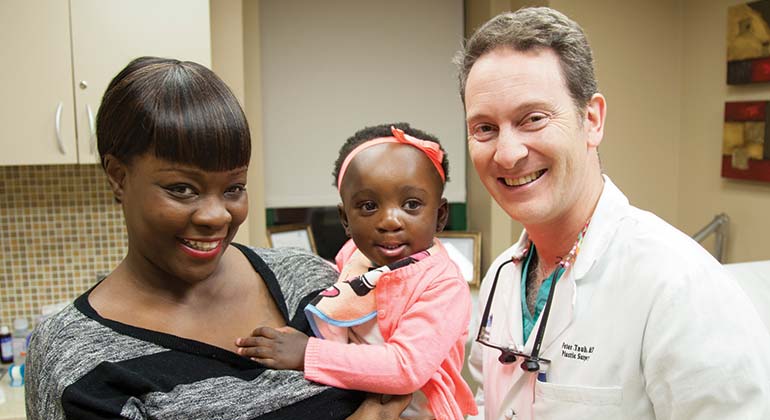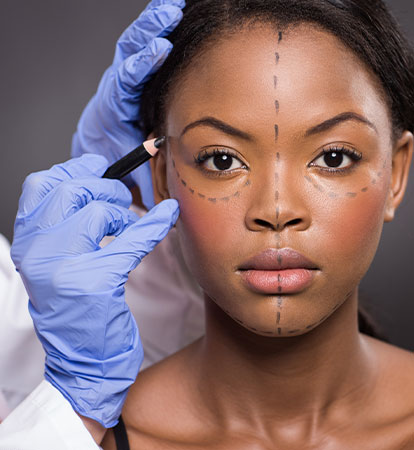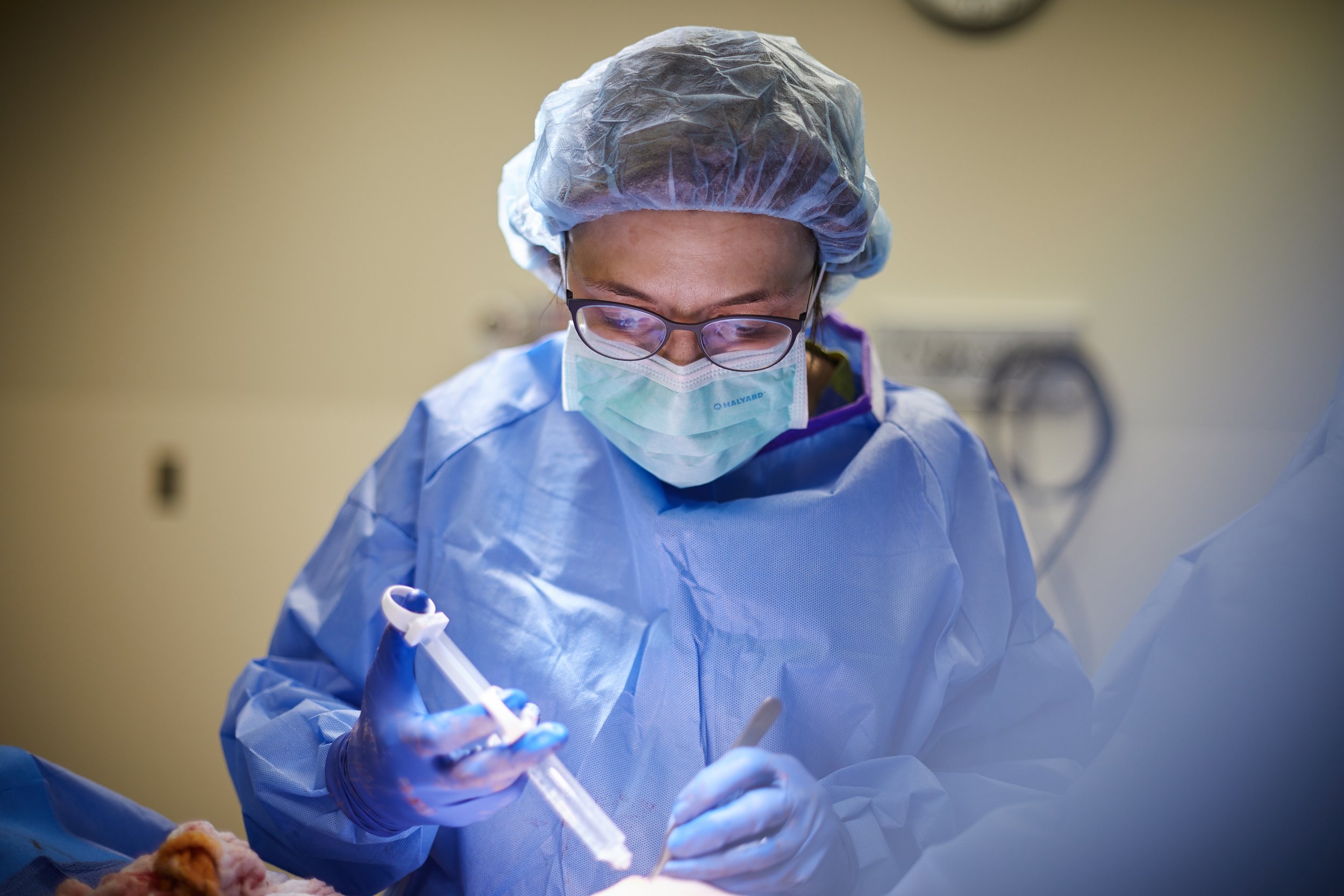Exploring the Psychological and Social Elements That Drive Individuals to Think About Aesthetic Surgical Procedure as a way of Improvement
The choice to pursue cosmetic surgery often expands beyond plain aesthetic appeals, intertwining with psychological and social characteristics that merit detailed evaluation. Elements such as self-esteem, pervasive societal beauty standards, and the prevalent impact of social media merge to shape private inspirations for surgical improvement.
The Role of Self-worth
Self-confidence considerably influences an individual's decision to seek cosmetic surgery. Individuals with low self-esteem typically regard themselves in a negative light, leading to feelings of inadequacy regarding their physical look.

Eventually, the duty of self-confidence in the decision-making procedure regarding cosmetic surgical treatment highlights the complex interplay in between body photo, personal fulfillment, and psychological wellness. Understanding this partnership is important for medical care experts to make sure that individuals are making educated choices rooted in sensible assumptions and psychological health.
Social Beauty Standards
Influenced by prevalent media representations and social narratives, social charm standards play a critical role fit individuals' perceptions of their own bodies. These standards are commonly characterized by an idealized type of appeal that emphasizes attributes such as balance, slimness, and youthfulness. As these ideals are perpetuated through various networks, including advertising and marketing, film, and television, people often internalize these messages, bring about discontentment with their all-natural look.
The effects of these societal standards prolong beyond aesthetic choices; they can influence self-esteem, psychological health and wellness, and interpersonal relationships. People that regard themselves as disappointing these criteria may experience feelings of inadequacy, triggering a desire for cosmetic surgical procedure as a method of attaining societal approval. This pursuit is usually sustained by the idea that adapting to these ideals will certainly boost not just physical look but additionally social standing and individual fulfillment.

Impact of Social Network
The impact of societal charm requirements is further enhanced by the surge of social media sites systems, where curated images and idealized representations of elegance are common. Customers are regularly subjected to filteringed system and edited pictures, which typically show unattainable physical attributes. This exposure grows a culture of contrast, leading people to evaluate their very own look against these often impractical criteria.
Social network influencers and celebs frequently promote cosmetic procedures, stabilizing the notion that surgical enhancements are a viable ways for attaining societal perfects (plastic surgery rancho cucamonga). The exposure of these useful reference improvements can develop a perception that undertaking plastic surgery is a standard practice, therefore influencing people to take into consideration similar interventions as a pathway to improved self-worth and social acceptance
Additionally, the interactive nature of social media sites Check This Out allows for instant feedback through likes and comments, better strengthening the wish to comply with prominent appeal standards. Such communications can aggravate sensations of inadequacy and drive people towards cosmetic surgical procedure as a way of acquiring validation. Eventually, social networks plays an essential duty fit perceptions of charm, which substantially affects the decision-making procedures surrounding plastic surgery.

Cultural Point Of Views on Look
Throughout various societies, assumptions of look are deeply rooted in historic, social, and economic contexts, forming individuals' sights on beauty and desirability. In numerous cultures, look functions as a considerable marker of identity, influencing social standing, expert chances, and personal connections. For example, in some societies, light skin is commonly associated with wide range and advantage, while others may glorify darker skin tones as symbols of stamina and authenticity.
In addition, typical appeal criteria are typically bolstered with social stories, media representations, and household affects, causing varying ideals throughout various areas (plastic surgery rancho cucamonga). In Western cultures, the emphasis on youth and physical conditioning usually drives individuals towards aesthetic enhancement, while in certain Eastern cultures, more subtle adjustments lined up find out with standard aesthetic appeals may be chosen
Globalization and the spreading of digital media have actually better made complex these dynamics, creating a hybridization of beauty perfects that goes beyond geographical borders. As people progressively navigate these social narratives, the stress to adapt details appearance standards can lead to the wish for cosmetic surgical treatment, mirroring a complicated interplay of individual goals and cultural values. Recognizing these social point of views is essential in addressing the inspirations behind cosmetic surgical procedure considerations.
Psychological Effects of Plastic Surgery
Many people looking for cosmetic surgery record experiencing profound psychological impacts that can dramatically alter their self-perception and emotional well-being - plastic surgery rancho cucamonga. The need for physical improvement usually stems from underlying concerns such as reduced self-confidence, body dysmorphic disorder, or societal pressures relating to appeal criteria. For some, the instant post-operative phase can lead to a short-lived increase in self-confidence and complete satisfaction with their look, cultivating a sense of empowerment
However, these positive sensations might not be sustaining. Research indicates that while some patients experience boosted self-worth, others might encounter heightened anxiousness or anxiety if their assumptions are not met. This discrepancy can develop from unrealistic ideals perpetuated by media depiction and social stories surrounding beauty.
In addition, the mental ramifications of plastic surgery extend past the individual. Relationships with family and buddies might be strained as social dynamics shift, causing sensations of isolation or alienation. Inevitably, the mental influences of plastic surgery are complex and diverse, requiring cautious factor to consider by both prospective patients and doctor to ensure enlightened decision-making and realistic expectations.
Final Thought
In verdict, the choice to go after cosmetic surgical procedure is dramatically influenced by a combination of self-confidence concerns, societal appeal standards, and cultural perspectives on appearance. The pervasive reach of social media even more worsens these stress, advertising impractical suitables that people often strive to obtain. Comprehending these social and emotional variables is essential for addressing the motivations behind cosmetic surgical treatment, highlighting the need for an extra nuanced discussion bordering appeal and self-acceptance in modern society.
The choice to go after cosmetic surgery frequently expands past simple aesthetic appeals, intertwining with mental and social dynamics that warrant extensive assessment. Ultimately, social media plays an essential function in shaping understandings of appeal, which substantially affects the decision-making processes surrounding cosmetic surgery.
As individuals increasingly browse these social narratives, the pressure to adjust to specific look criteria can lead to the wish for cosmetic surgery, mirroring an intricate interaction of individual desires and cultural values.In verdict, the decision to seek cosmetic surgery is substantially influenced by a combination of self-esteem concerns, societal beauty criteria, and cultural viewpoints on appearance. Recognizing these emotional and social factors is important for addressing the inspirations behind cosmetic surgical treatment, highlighting the requirement for a more nuanced discussion surrounding appeal and self-acceptance in contemporary culture.